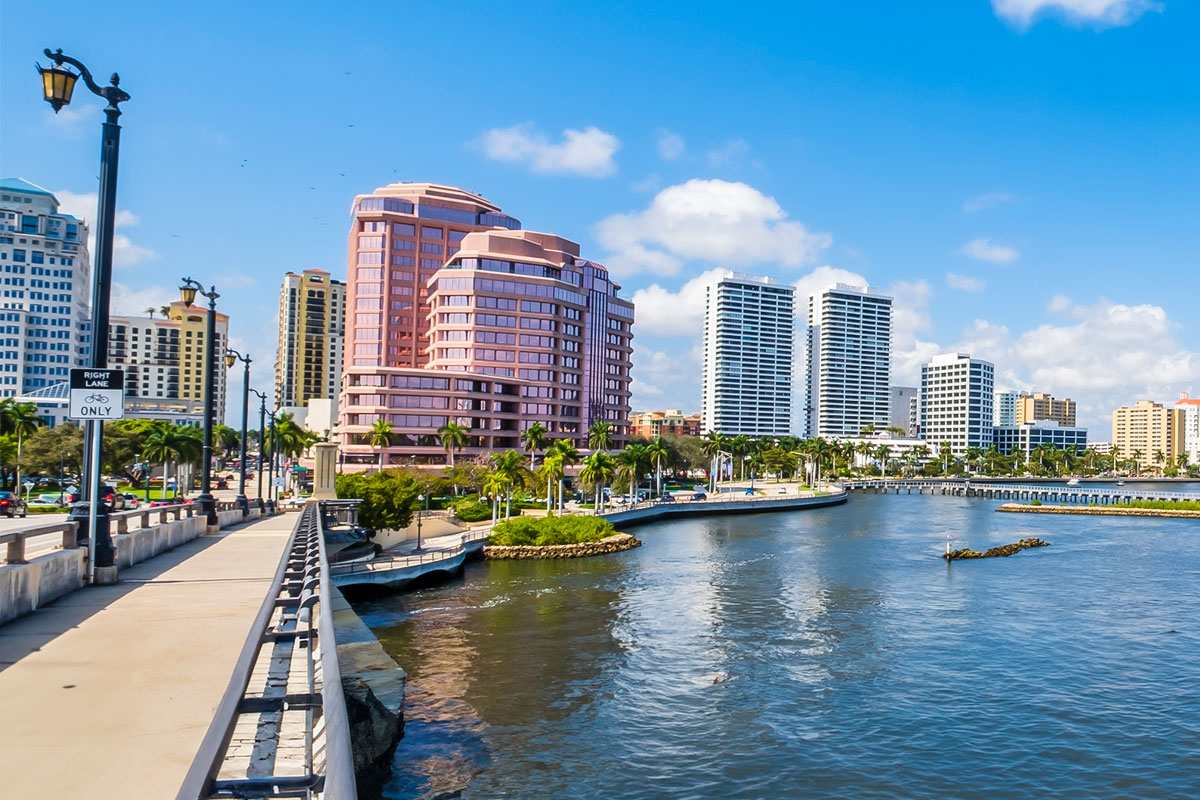Ah, France – the land of exquisite cuisine, world-class art, enchanting landscapes, and a rich tapestry of history. With its myriad of attractions, it’s no wonder that many dream of calling it home. But how does one go from being a visitor to a full-fledged citizen? If you’re entertaining the dream of becoming a French citizen, this guide will shed light on the pathway to achieve it.
- Understand the Basics: Residency First
Before one can apply for French citizenship, there’s a need to establish long-term residency. For non-EU/EEA/Swiss citizens, this typically requires living in France for at least five continuous years. However, there are exceptions. For instance:
If you’re married to a French citizen, the requirement can be reduced to 3 years.
Refugees or stateless individuals may only need 2 years of residency.
Graduates from French universities may qualify after 2 years.
Those who have rendered exceptional service to France can be exempted from the regular residency period.
- Delve Into Language Proficiency
France values cultural assimilation, and this is reflected in its citizenship requirements. You must prove proficiency in the French language. Generally, a B1 level (intermediate) in oral comprehension and expression is needed. This can be done by:
Taking the TCF (Test de Connaissance du Français) or the DELF (Diplôme d’Études en Langue Française).
Presenting a degree from a French-speaking institution.
- Begin with Naturalization
Naturalization is the most common route to French citizenship. Once you meet the residency criteria:
Obtain and complete the naturalization dossier (application file) from your local préfecture.
Assemble the required documents: birth certificate, proof of residence, proof of income, tax statements, etc.
Attend an interview at the préfecture, where your integration into French society will be evaluated.
- The Marriage Route
Marrying a French citizen can expedite the citizenship process but comes with its set of criteria:
The French spouse must have held their citizenship for at least four years.
You must have been married for at least three years.
Submit an application at your local préfecture, providing marriage and birth certificates, proof of residency, and evidence of your spouse’s French nationality.
- Through Descent or Birth
By Descent: If one or both of your parents are French, you can apply for citizenship regardless of your place of birth.
By Birth: If you were born in France to non-French parents, you could claim citizenship once you turn 18, provided you’ve lived in France for at least five years since age 11.
- Be Aware of the Civil Integration Contract (CIV)
Most applicants will need to sign a CIV, which is an agreement to integrate into French society. This involves:
Taking civic training courses.
Demonstrating adherence to the principles, values, and symbols of the French Republic.
- Understand the Review Process
Once your application is submitted:
It will undergo a preliminary review for completeness.
A series of background checks will be conducted.
You might be called for an interview to assess your level of integration.
Remember, the decision to grant citizenship is discretionary. Meeting the criteria doesn’t guarantee approval.
- Navigating the Waiting Period
The waiting period can be lengthy, often 18 months or more. Stay patient and proactive:
Inform the préfecture of any changes in your situation.
If you’re nearing the 2-year mark without a decision, consider seeking legal advice or contacting local representatives.
- Celebrate with the Citizenship Ceremony
Upon approval, you’ll be invited to a citizenship ceremony. This is a formal event, and attendance is mandatory. Here, you’ll receive your naturalization certificate, making your French citizenship official.
- Obtain Your French Passport
With your naturalization certificate in hand, you can now apply for a French passport, allowing you to travel as a citizen of France.
Considerations and Tips:
Dual Citizenship: France permits dual or multiple nationalities. However, check if your country of origin allows it.
Stay Informed: Laws and requirements can evolve. Regularly check official sources or consult with an immigration lawyer.
Integration Matters: France emphasizes cultural and societal integration. Engage in local communities, learn the language, and understand French societal norms.
Achieving French citizenship is a rigorous process, reflecting the value and prestige of becoming a part of the French Republic. While the journey can be lengthy and demanding, the rewards – from cultural immersion to global mobility – are manifold. As you embark on this journey, remember that every step brings you closer to being a part of one of the world’s most cherished and celebrated nations. Bonne chance!
- Understanding the Rights and Responsibilities of French Citizenship
As you transition from a resident to a citizen, you gain a new set of rights and responsibilities:
Voting: One of the most significant rights of a citizen is the ability to participate in national elections. As a French citizen, you can vote in presidential, legislative, regional, and European elections, having a say in shaping the country’s future.
Public Office: You gain the eligibility to run for public office, allowing you to contribute more deeply to the democratic process.
Consular Protection: If you face difficulties abroad, you can seek assistance and protection from French embassies and consulates.
Civil Duties: As a citizen, you’re obligated to participate in civic duties such as jury service. It’s also important to remember that France has compulsory military service for citizens, known as “le service national universel,” which includes a period of civic and defense preparation.
- Embrace the Cultural Fabric of France
Now that you’re a citizen, fully immerse yourself in the French way of life:
Festivals: Participate in local festivals like Bastille Day, Fête de la Musique, or the Cannes Film Festival.
Literature and Arts: Dive deeper into French literature, cinema, and art to understand the soul of the nation.
Cuisine: Beyond just savoring French dishes, learn the art of French cooking. Understand the importance of regional dishes and the history behind them.
- Engage in Continuous Learning
While you might have secured citizenship, continuous learning and adaptation are key:
Language: Continuously refine your French. Delve into regional dialects and nuances.
Legal Updates: Stay updated with any changes in laws or regulations that may affect citizens, especially if you hold dual citizenship.
- Networking and Building Connections
Join local community groups, attend workshops, or participate in town hall meetings. These platforms allow you to:
Understand local issues and developments.
Build connections that can aid both personal and professional growth.
- Giving Back to the Community
With your new status, consider ways to give back:
Volunteer: Engage in local volunteer opportunities, helping in areas like education, environment, or social welfare.
Mentorship: Guide newer residents or those aiming for citizenship, sharing insights from your journey.
Securing French citizenship is more than just a legal process; it’s a transformative journey. It’s about aligning with the French spirit, understanding its values, and contributing positively to its tapestry. While the paperwork and procedures have their place, the essence lies in embracing France with all its nuances and intricacies.
So, as you stand at the cusp of this new chapter, remember that being a French citizen is both an honor and a responsibility. Celebrate the rich heritage, partake in the vibrant present, and contribute to a promising future. After all, to be French is to be a part of a legacy that has shaped the world in countless ways. Welcome to the fold!














